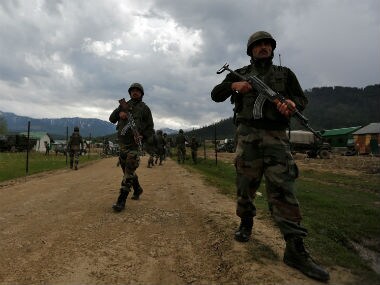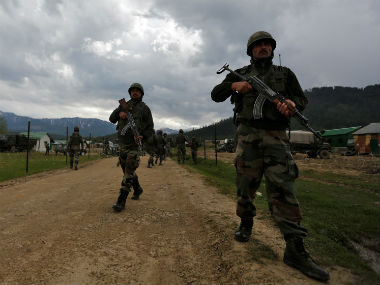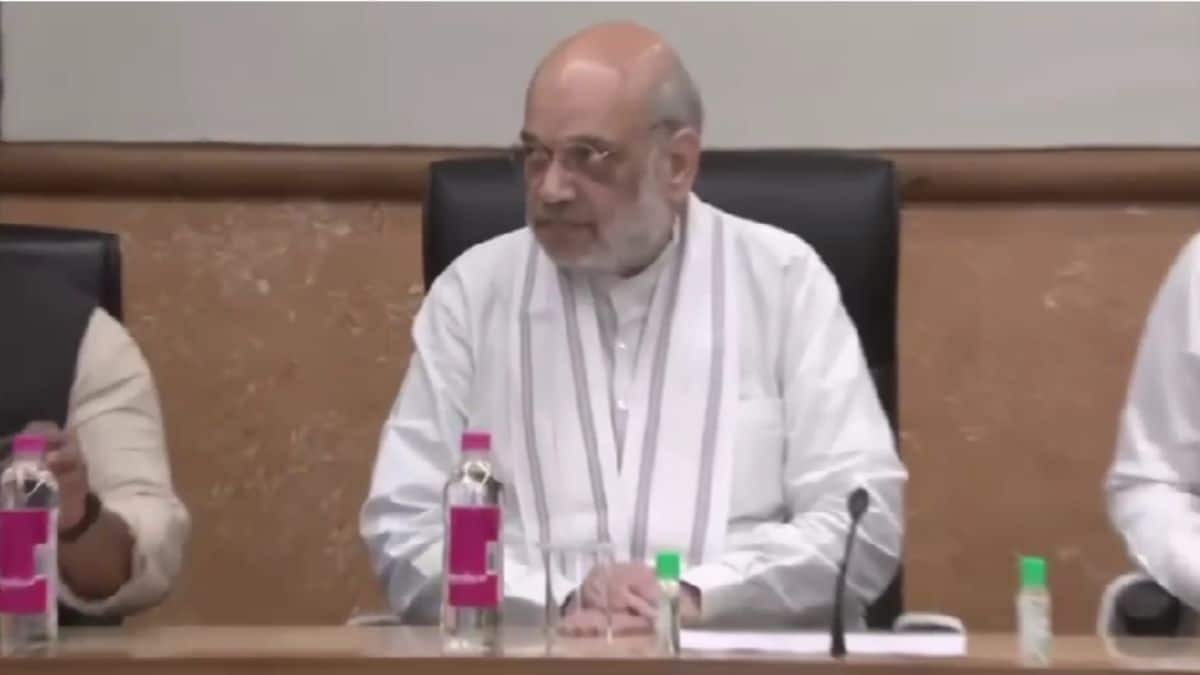For a change, political leadership and the Indian Army seem to have given themselves clarity on who calls the shots. Unlike the defensive approach towards Pakistan’s mercenary activities on the border thus far, on Monday night the army crossed the Line of Control (LoC) and killed three Pakistani soldiers in a ‘ tactical retaliatory strike ’. [caption id=“attachment_4277777” align=“alignleft” width=“380”]  Representational image. Reuters[/caption] A small team of commandos of the Indian Army called ‘Ghatak’ crossed LoC in the Rawlakot-Rakhchakri sector of Pakistan-occupied Kashmir (PoK) and killed three Pakistani soldiers. The action was carried out as a response to the killing of four Indian Army personnel in Kashmir’s Keri-Rajouri sector a few days ago. Planned at the local level, this retaliatory strike is the result of the government’s faith in the local military commandant, which has empowered him to take decisions about tactical action. After winning the 2014 Lok Sabha elections and coming to power, Prime Minister Narendra Modi gave a clear signal that rogue action by Pakistan and terrorist activities from across the border would not be tolerated at any cost. The Centre has maintained this stand. According to army officials and defence analysts, this ‘tit-for-tat’ comes as a ‘motivation pill’ for the Indian Army. They think it sends a clear message to Pakistan to cease and desist from such acts. According to some top officials, earlier, especially during the UPA-II regime, for any major action, an approval from the political masters was needed, which was a tedious process. “This has been eased now. Even when Manohar Parikkar was defence minister, he clearly said that the army would do what it felt necessary,” a senior army official, speaking on the condition of anonymity, told Firstpost. The Centre’s aggressive policy has also ensured that such retaliatory action be known to public, unlike in the past. “The government has reposed its faith at the local commandant level. It has empowered it to take a tactical decision to exploit opportunity to retaliate against such negative or rogue actions and take appropriate steps. A certain level of flexibility has been given to the local military commandant so that no delay takes place in pursuing an offensive action, which could otherwise be damaging,” Lt Gen (retd) Arun Kumar Sahni, former commander-in-chief, Indian Army and strategic analyst, told Firstpost. Though many have been trying to draw a parallel between the retaliatory action of the Indian army and the 2016 surgical strike, defence analysts strongly disagree at the action being labelled ‘surgical strike 2.0’. “This action is very different from surgical strike because that one was planned way ahead of time and the attack was launched at multiple points, which was very deep. The action on Monday was limited to a few hundred yards,” said Maj Gen (retd) Dhruv Katoch, former director, Centre for Land Warfare Studies (CLAWS). “The government has made its intent clear that there’s no restraint on army and Border Security Force (BSF) in resolving issues at local level. Now, one thing is clear from top authority: The political leadership is firmly behind the military. This also sends Pakistan a clear message not to indulge in such rogue actions and cold-blooded murder of Indian soldiers. This will definitely motivate Indian Army,” he added. Defence analyst Col (retd) Jaibans Singh said “Indian Army always acted aggressively to such type of provocation by Pakistan along the LoC. The difference is that earlier actions were not publicised. The UPA government preferred to maintain a low profile in tactical actions. There is merit in the policy of publicising actions since it exposes Pakistan’s perfidy to the world. India is now giving a clear message that it will not tolerate Pakistan’s shenanigans.” Another former army official, who served in Jammu and Kashmir, added, “As the head of my unit, I took decision to blow up an enemy bunker along LoC. We kept the incident to ourselves, as in those days, it was unacceptable. Now, the government has taken a bold decision of making such incidents public, which will prove beneficial in the long run.”
For a change, political leadership and the Indian Army seem to have given themselves clarity on who calls the shots. Unlike the defensive approach towards Pakistan’s mercenary activities on the border thus far, on Monday night the army crossed the Line of Control (LoC) and killed three Pakistani soldiers in a ’tactical retaliatory strike'.
Advertisement
End of Article


)

)
)
)
)
)
)
)
)



